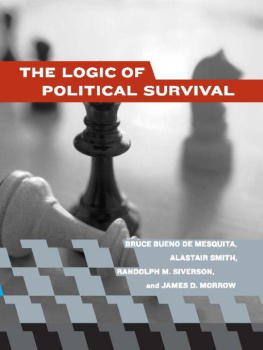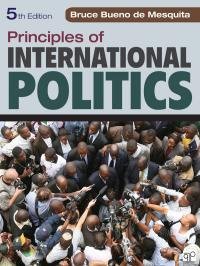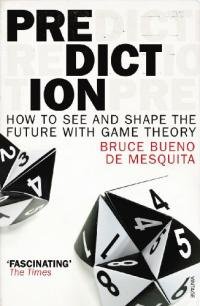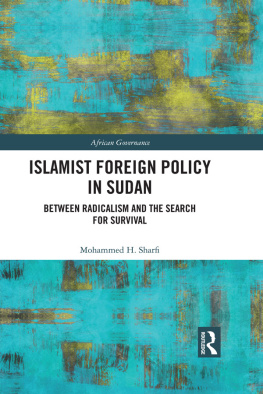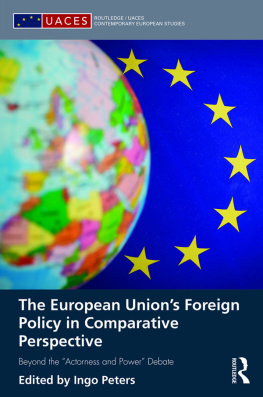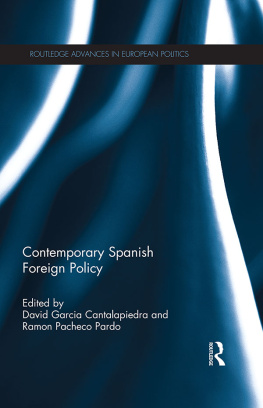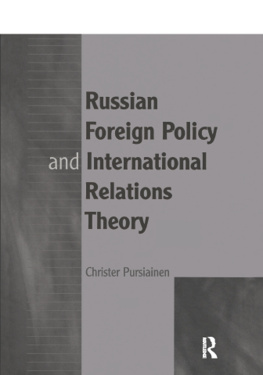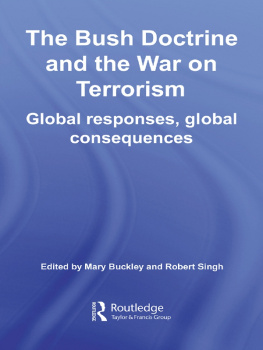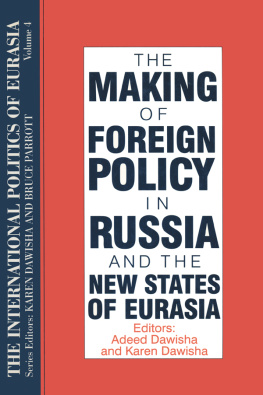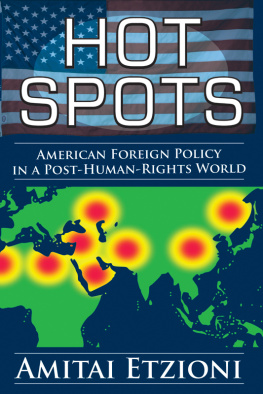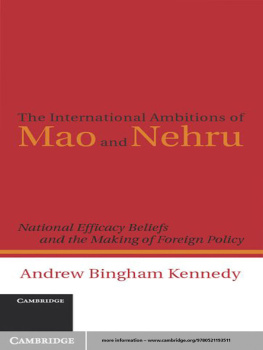War and Reason
War and Reason
Domestic and International Imperatives
Bruce Bueno de Mesquita and David Lalman

Published with the assistance of the A. Whitney Griswold Publication Fund.
Copyright 1992 by Yale University.
All rights reserved.
This book may not be reproduced, in whole or in part, including illustrations, in any form (beyond that copying permitted by Sections 107 and 108 of the U.S. Copyright Law and except by reviewers for the public press), without written permission from the publishers.
Library of Congress Cataloging-in-Publication Data
Bueno de Mesquita, Bruce, 1946
War and reason : domestic and international imperatives / Bruce Bueno de Mesquita and David Lalman.
p. cm.
Includes bibliographical references and index.
ISBN: 978-0-300-05922-9 (pbk.)
1. International relations. 2. Balance of power. 3. War (International law)
I. Lalman, David. II. Title.
JX1391.B83 1992
327.1'1dc20 91-41847 CIP
A catalogue record for this book is available from the British Library.
The paper in this book meets the guidelines for permanence and durability of the Committee on Production Guidelines for Book Longevity of the Council on Library Resources.
With affection, appreciation,
and admiration for our teachers
and our friends
A. F. K. Organski
and
William H. Riker
Contents
Figures
Tables
Preface
International relations research has been dominated by a state-centric, realist view of foreign policy. Nations are widely believed to pursue the maximization of power or security because to do otherwise is to diminish their chances of survival. The realist and neorealist perspectives have encouraged a natural focus on war and its avoidance. We set out to address questions of just that nature: what causes war, and how can it be avoided? Yet this book has grown in directions we did not anticipate. We have written about foreign policy choices and their implications for a wide variety of events, including, but not limited to, war and peace. The book is neither primarily about war nor illustrative of a rational-choice approach to realism. It is a general assessment of foreign policy choices, using a game-theoretic approach coupled with statistical and case-history analysis and embedded primarily within a perspective that takes very seriously the consequences of domestic political choices on foreign policy actions.
We propose two competing theories of international interactions. In one, the realpolitik/unconstrained international interaction game, we assume that immediate foreign policy objectives are determined by the structure of the international context in which nations relate to one another. In the other, the domestic/constrained international interaction game, national leaders choose courses of action to maximize their view of the national welfare or at least the interests of supportive constituents, given that domestic political processes have first determined the goals or objectives to be pursued. We deduce the necessary and sufficient conditions for several classes of events: negotiation, maintenance of the status quo, acquiescence of one rival to another without resort to violence, capitulation by one adversary to the other following an initial use of force, and war. We address these outcomes under conditions of full information and limited information.
The theory leads us to examine four norms of action that are widely believed to encourage cooperation in an otherwise anarchic world. We find that two of the norms generally foster peace, although we also assess their robustness in the face of uncertainty. We find considerable theoretical encouragement and empirical support for the notion that cooperation is a common response to disputes, despite the absence of mechanisms for enforcing promises in international affairs.
We propose solutions to several empirical puzzles about the behavior of democracies toward one another and toward nondemocratic states. We also examine several features of war, including stakes, expected costs, and their impact on system transformation. This volume, then, addresses questions of cooperation and conflict; full information and incomplete information; deductive logic and empirical evidence. Although we begin as agnostics with regard to the domestic and realist versions of the theory, the evidence adduced here strongly supports the domestic variant of the game we propose and just as strongly contradicts the realpolitik version. Whether our theory of foreign policy is credible remains for the reader to judge. We have endeavored to make judgment feasible by proffering the formal logic and the empirical evaluations that seem germane to the assessment of our theory: we deduce and test more than twenty-five propositions about international affairs.
In developing this book we have incurred a great many intellectual debts. Foremost is our debt to James Morrow of the Hoover Institution, who has been a constant source of intellectual stimulation. Jim has been tireless in his willingness to teach, prod, cajole, criticize, and inspire us. He has saved us from countless errors in our theorizing and has tried to save us from others.
Others who have helped us with discussions, criticisms, and helpful hints are Christopher Achen, Byeonggil Ahn, Jeffrey Banks, Randall Calvert, George Downs, James Fearon, Yi Feng, Kurt Taylor Gaubatz, Robert Jackman, Chae-Han Kim, Woosang Kim, Jacek Kugler, Alan Lamborn, Susanne Lohmann, T. Clifton Morgan, John Oneal, Joe Oppenheimer, Kenneth Organski, Robert Pahre, James Ray, Diana Richards, Valerie Schwebach, Randolph Siverson, Piotr Swistak, Tyll Van Geel, Barry Weingast, and Samuel Wu. The students in Political Science 376/576 at the University of Rochester in the winter of 1991, including Luke Bellocchi, David Hayes, Roger James, Stacey Knobler, Kirke Lawton, Fiona McGillivray, Arthur Mitchell, Jeffrey Newman, Alexander Powell, Joseph Tonon, and Alastair Smith, provided helpful suggestions and criticisms of the manuscript. Passages from The Secret History of the Mongols are reprinted here with Paul Kahns gracious permission. We also appreciate the generosity with which data were made available to us by Charles Gochman, Zeev Maoz, J. David Singer, and other participants in the Correlates of War Project.
This book began under the editorial guidance of Marian Neal Ash, association with Yale University Press. She is missed. John S. Covell has proved to be a most worthy replacement. We are grateful for his wonderful patience. Mary Pasti was invaluable in the final stages of editing the manuscript.
Much of what is good and nothing that is wrong in this book is due to those whom we acknowledge.
Some of the financial support for this project was graciously provided by a grant from the United States Institute of Peace. The opinions, findings, and conclusions or recommendations expressed in this book are those of the authors and do not necessarily reflect the views of the United States Institute of Peace. Additional support was generously provided by the Hoover Institution, which also provided a congenial base from which to undertake this research. General intellectual stimulation was our frequent companion at the institution, where one of us is a permanent fixture and the other spent a year as a National Fellow. No less stimulating were our colleagues in the Departments of Political Science at the University of Rochester and the University of Maryland, respectively.
Finally, we want to thank Arlene, Erin, Ethan, and Gwen Bueno de Mesquita and Christine DeGregorio for tolerating us during the long haul from conceptualization to completion of this project. In the end, all research is flawed, and we have no doubt that this is true of this undertaking. The fault lies, as always, with the other guy.
Next page

